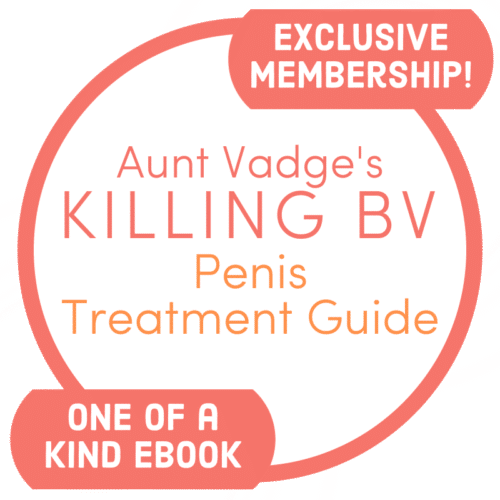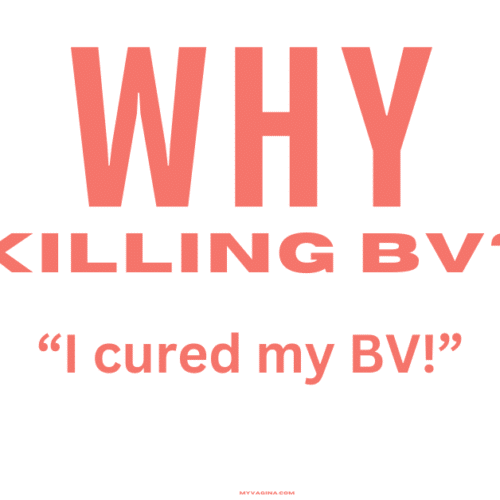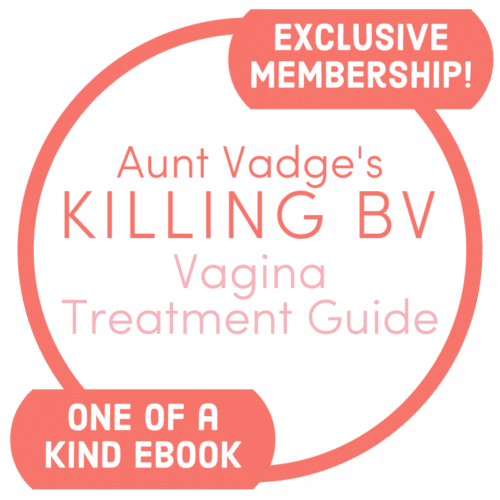Congenital vaginal obstruction
Vaginal blockage from birth is a rare occurrence whereby the vagina has no external opening. This is usually caused by an imperforate hymen, which completely covers the vaginal opening.
An obstruction can also be caused by a high transverse septum, which is due to incomplete formation of the vaginal canal during development in the womb.
The result of either problem is a swelling of the vagina, or swelling of the vagina and uterus (hydrocolpos or hydrometrocolpos).
How do you know if your daughter has an anatomical abnormality?
When your newborn is being inspected some time after birth, the doctor will find an abdominal swelling that seems unusual, caused by the vagina expanding due to secretions that haven’t been allowed to seep out. These secretions are caused by hormones from the mother during pregnancy.
An ultrasound will be performed, a sample may be taken via syringe, or an x-ray may be taken. Without the presence of anything abnormal, this condition may not present itself until puberty when menstruation begins but no blood comes out. This will result in abdominal pains and a lump as menstrual blood builds up.
Treatment of vaginal obstruction
Imperforate hymen
A surgical cut is made in the hymen without anaesthetic, and the vagina is drained, and then inspected for further damage. It is estimated about one in every 200 hymens is imperforate, so it doesn’t necessarily indicate anything negative. It is very easily fixed, never to return.
Transverse vaginal septum
A high transverse septum is treated differently, depending on how thick it is and where it is located. With sections in the lower third of the vaginal canal, an upwards cut is done to remove it, and the upper and lower vagina is reconnected.
For transverse septums located further in, skin or intestinal tissue is used to join the upper and lower vagina.
The impact of an anatomical abnormality
Fertility is not affected if everything else is normal, however with a high transverse septum requiring a lot of surgery, a caesarean may be the best option for birthing. Her sex life should not be interrupted.





